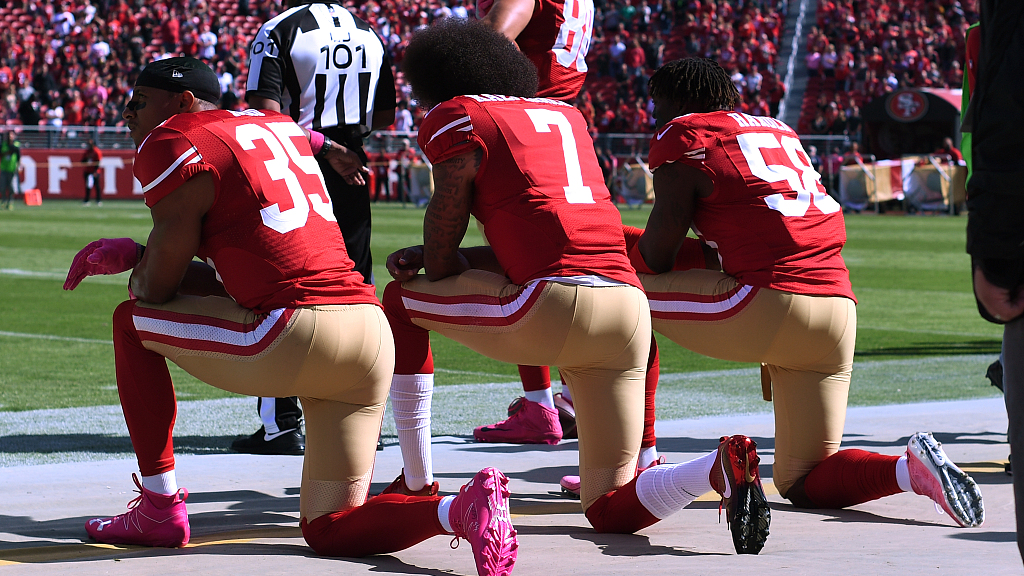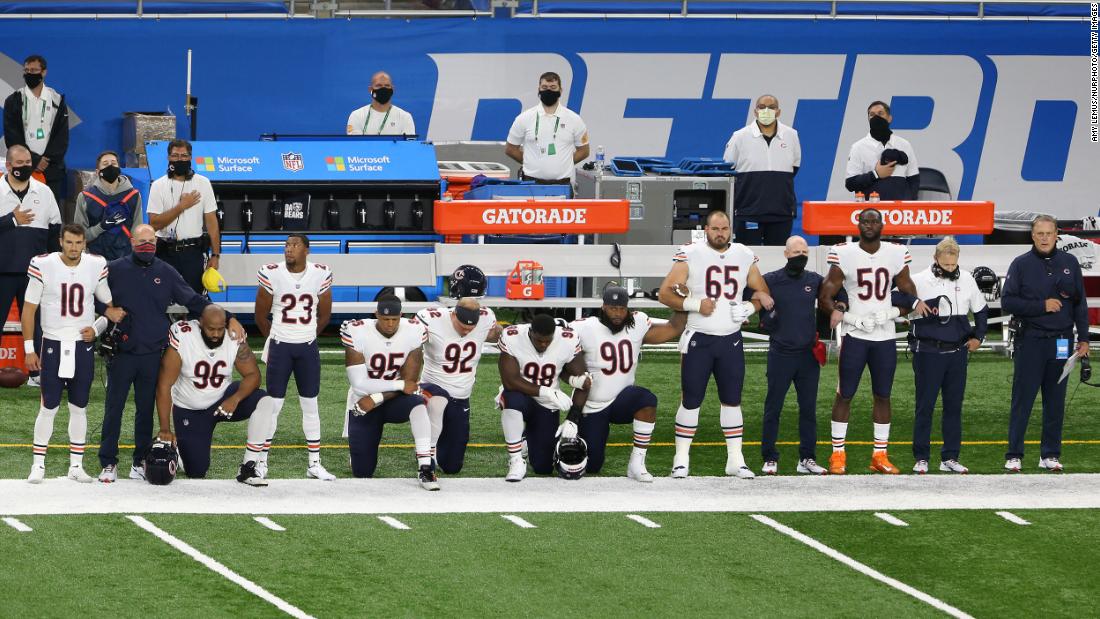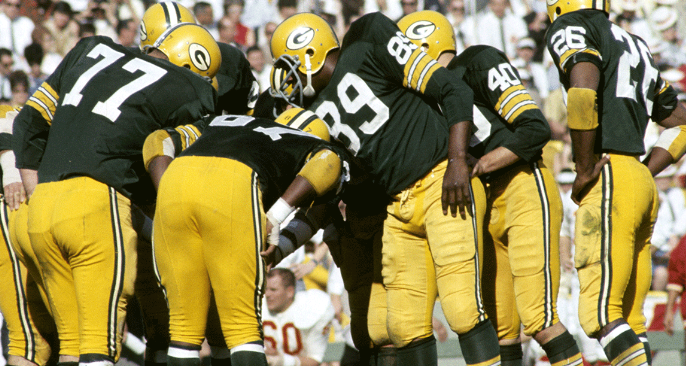As the echoes of the cheering crowds resonate through the stadiums, a parallel narrative unfolds—one that transcends touchdowns and victories. American football, with its colossal presence, stands at the forefront of a continuous battle for equality. In this blog post, we delve into the dynamic landscape of the sport, exploring the challenges, triumphs, and the relentless pursuit of equality. From the playing field to the boardrooms, join us on a journey through the ongoing fight to make American football a true beacon of inclusivity and fairness.

The Historical Context of Racism and Discrimination
Recent Progress and Ongoing Challenges
In recent years, there has been a growing movement to combat racism and discrimination in American football. This movement has been fueled by the courage of players like Colin Kaepernick, who took a knee during the national anthem to protest police brutality against African Americans. The NFL has also taken steps to address the issue, implementing policies aimed at increasing diversity and inclusion.
Collective Action: The Path to a More Equitable Sport
Conclusion





